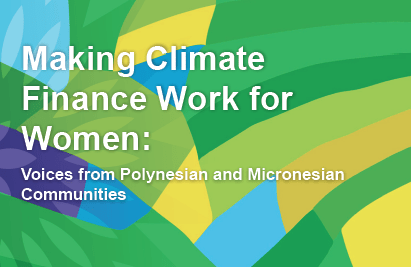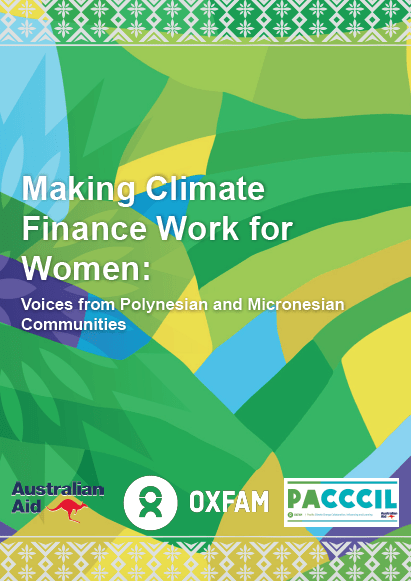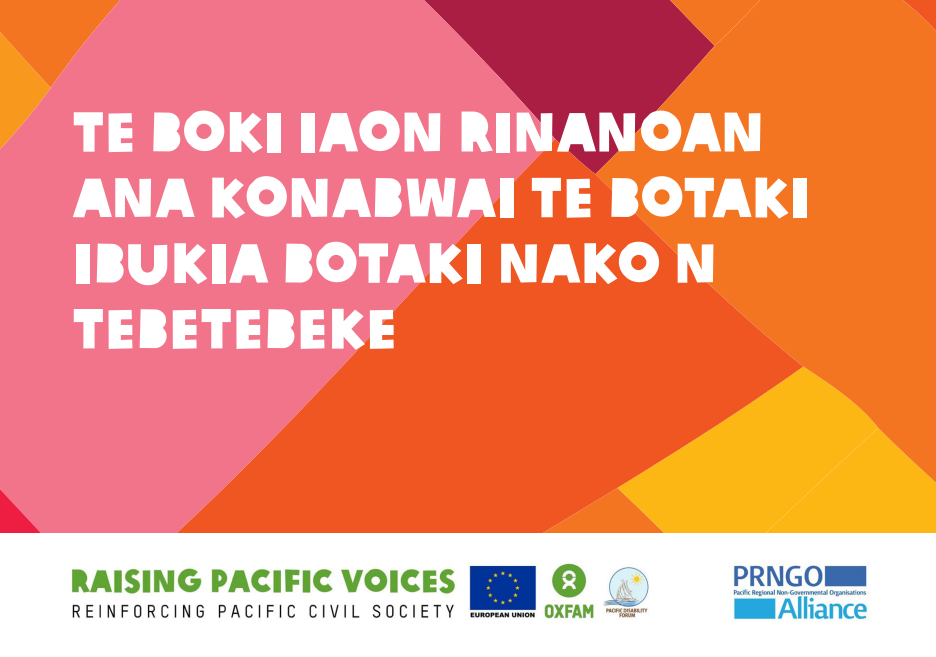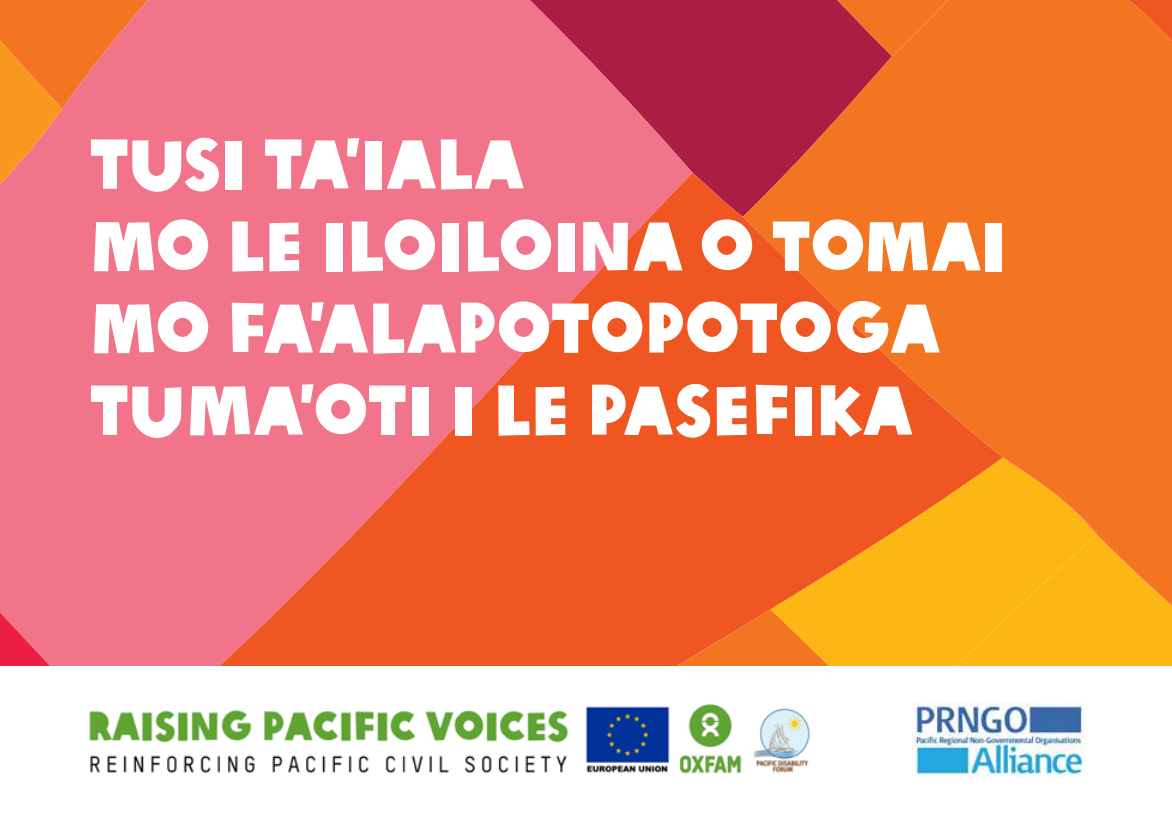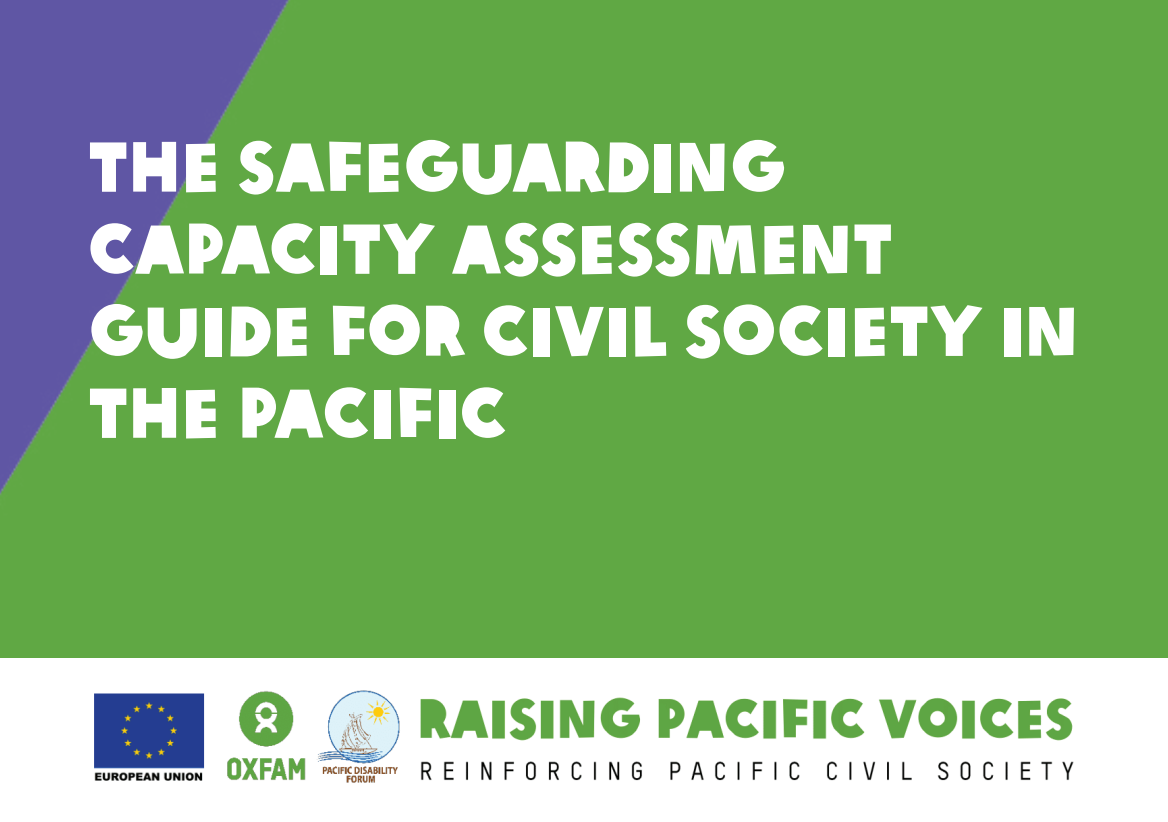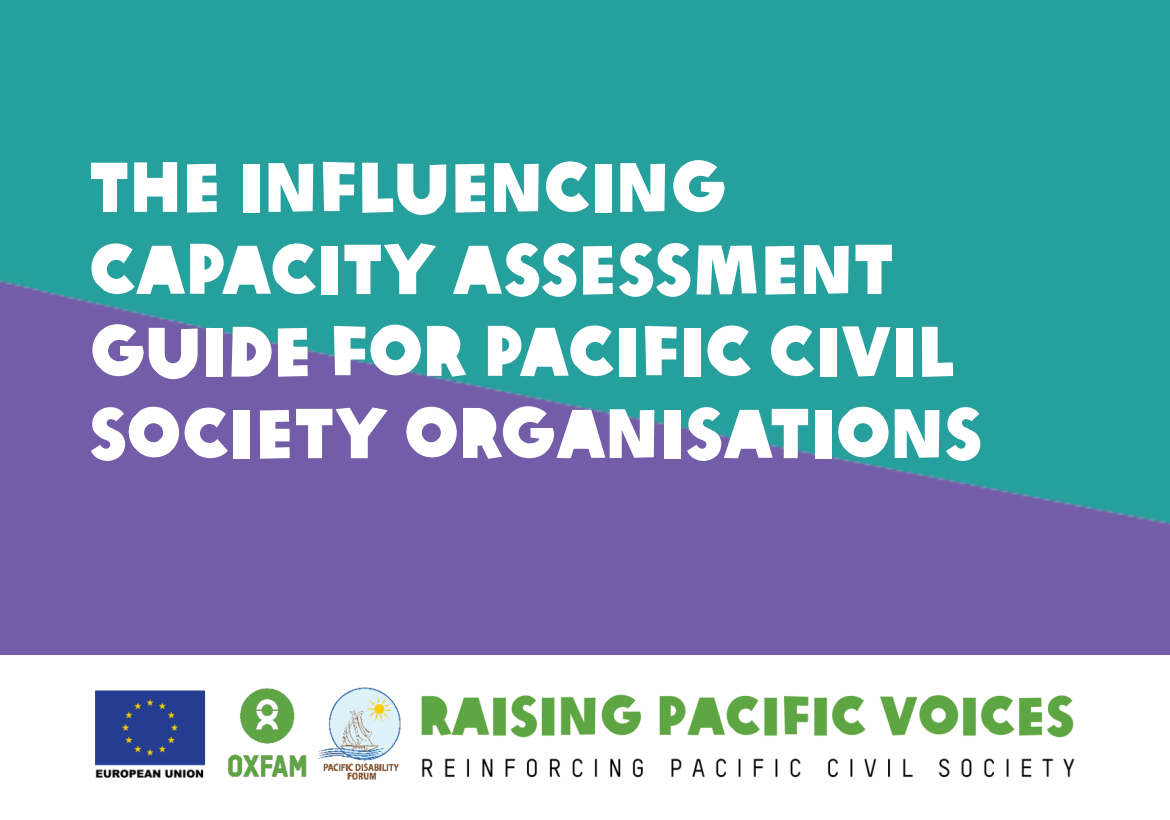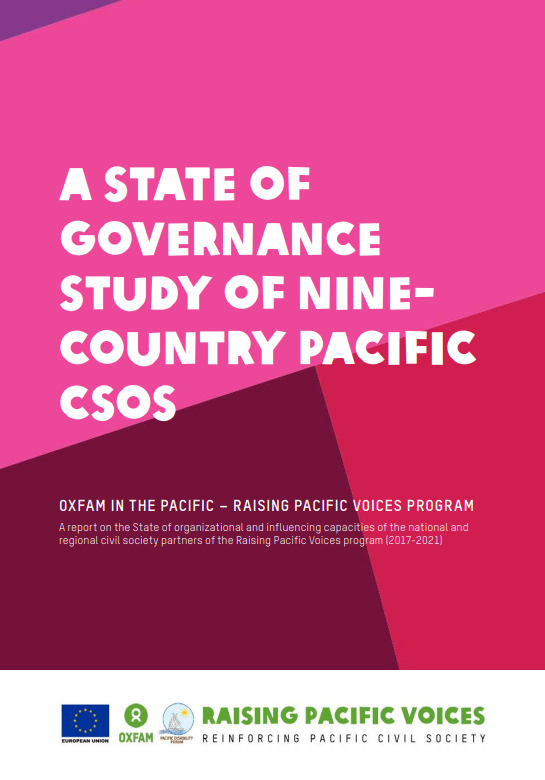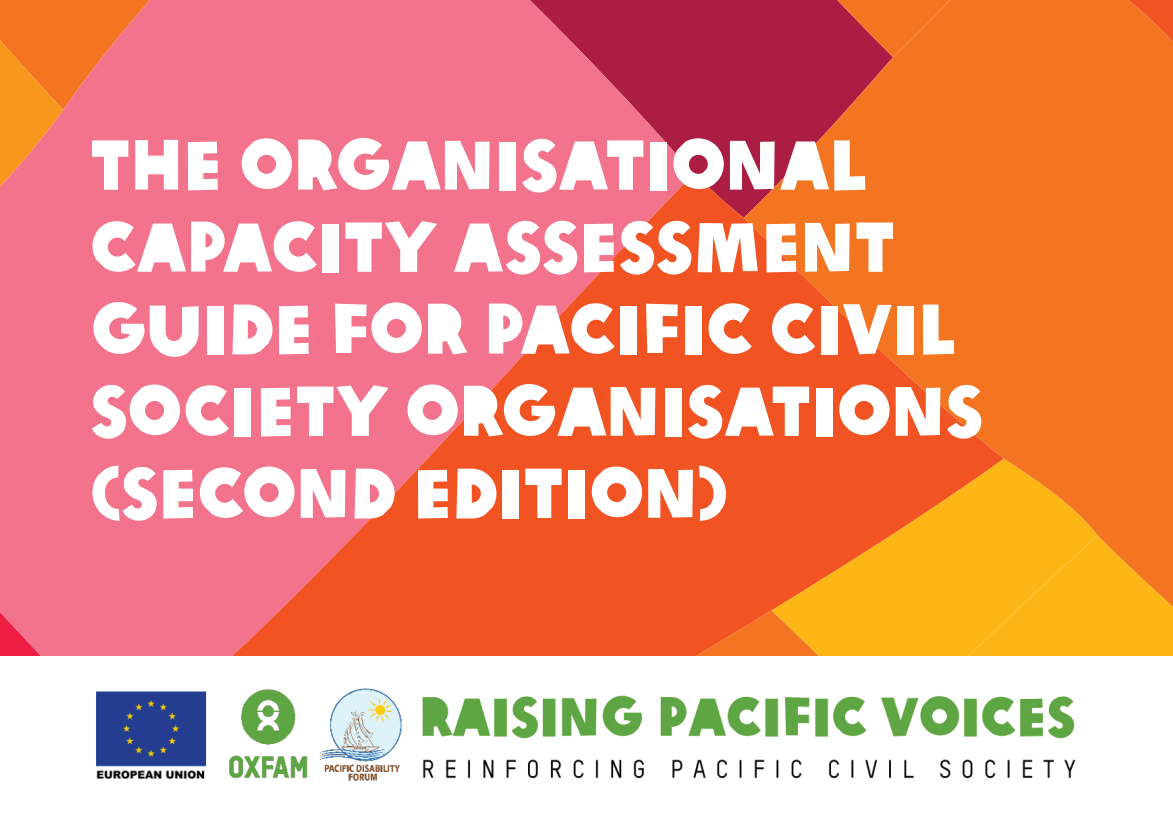The Pacific region is poised to receive substantial flows of ‘climate finance’ thanks to the increasing commitments made by bilateral and multilateral agencies after two decades of moral pressure at the global level. On a per capita basis, the Pacific region is considered to be one of the highest recipients of climate finance. However, the region will also incur the highest cost per capita in delivering climate finance due to the highly dispersed and remote nature of its communities.
In light of the increasing urgency to address climate change in Pacific, and the ‘millions’ of finance received, questions are now being raised as to how effective climate finance has been, especially at the community level. As Pacific communities are beginning to experience the extreme impacts of climate change on a more frequent basis, they are asking where and how all the millions of dollars of climate finance accessed has flowed. It is a question that rightfully deserves a clear answer.
This research report, Making Climate Finance Work for Women: Voices from Polynesian and Micronesian Communities, explores the social accountability of climate finance focusing on the extent to which climate finance is working for women in Pacific communities. The research explores the entrenched inequalities in two Pacific communities, Tuvalu and Chuuk, and the implications of this on how women in communities are reaping the benefits of climate finance.
The Pacific is at another crossroads. How will Pacific governments ensure that climate finance, which has already been received and that which is forthcoming, reach those that are particularly vulnerable to climate change especially women, so that they are not left behind in the regional and national efforts to combat climate change impacts?
This report reveals a huge gap between what women in communities perceive as the impacts of climate finance compared to the policy discourse at the national and the regional level. Entrenched gender inequalities are still creating barriers for women in communities, so they are unable to share any benefits of climate finance. Based on the lived realities of women in communities, the report concludes that women who are facing the realities of climate change impacts on the ground, are not seeing, nor do they feel that they are sharing in the benefits of the ‘millions’ of climate finance received by their countries.
This report was carried out through the Pacific Climate Change Collaboration, Influencing and Learning (PACCCIL) project, a four-year initiative (2018 – 2022) aimed at building action on climate change and disaster resilience in the Pacific and beyond in a more effective, inclusive and collaborative manner.
The project is delivered by Oxfam in the Pacific, with support from the Australian Government. PACCCIL is regionally located across the Melanesian, Micronesian and Polynesian Islands.
Download this Document
Making climate finance work for women: voices from Polynesian and Micronesian communities
This report was carried out through the Pacific Climate Change Collaboration, Influencing and Learning (PACCCIL) project, a four-year initiative (2018 – 2022) aimed at building action on climate change and disaster resilience in the Pacific and beyond in a more effective, inclusive and collaborative manner.
The project is delivered by Oxfam in the Pacific, with support from the Australian Government. PACCCIL is regionally located across the Melanesian, Micronesian and Polynesian Islands.

